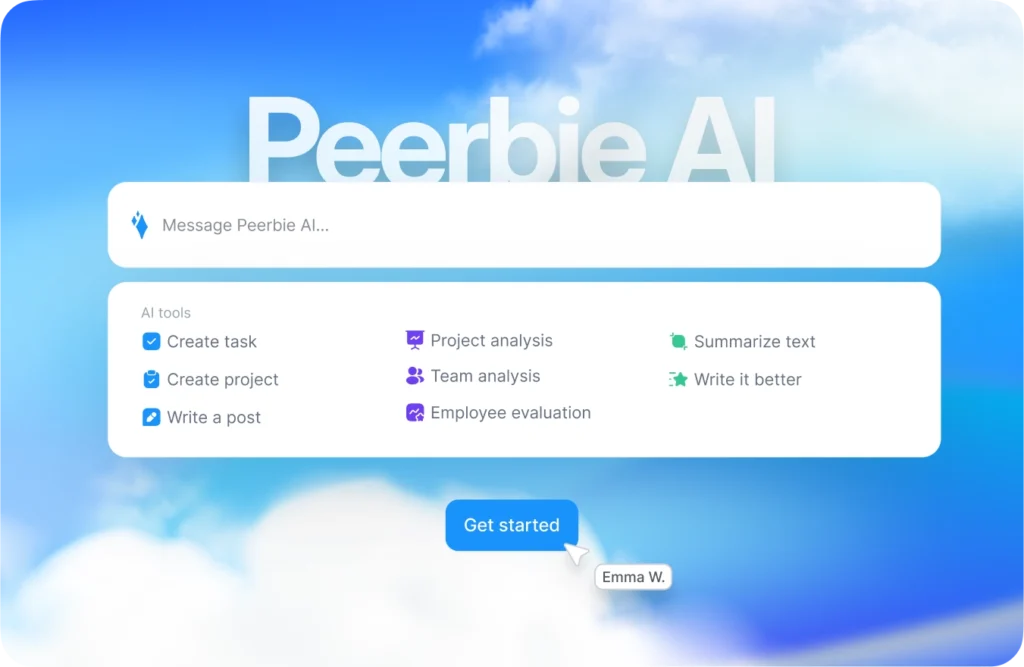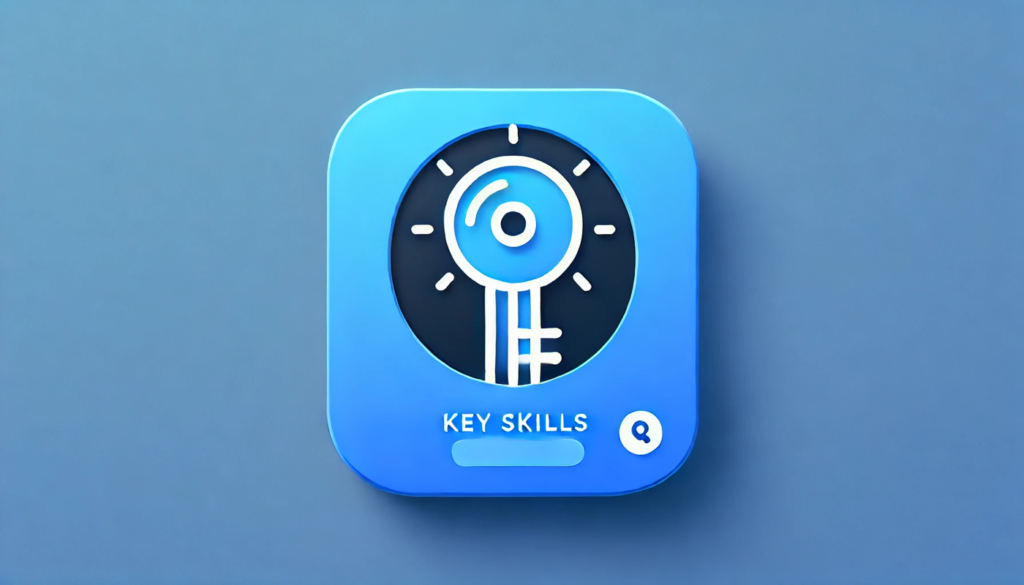10 Different Types of Product Managers

Product management is one of the most dynamic roles in today’s business landscape. Whether it’s creating groundbreaking software, designing seamless user experiences, or driving growth for an e-commerce platform, the responsibilities of product managers vary widely. As businesses become more specialized, the need for diverse product management expertise has grown exponentially.
Understanding the various types of product managers is crucial for organizations looking to build competitive products and for aspiring product managers aiming to carve out their niche. In this guide, we’ll explore 10 unique types of product managers and how they contribute to business success.
Who is a Product Manager?
A product manager (PM) is the linchpin of a product’s lifecycle, from conception to launch and beyond. They work at the intersection of business, technology, and user experience, ensuring that products align with organizational goals and customer needs.

Core Responsibilities:
- Vision Setting: Defining the product’s purpose and long-term goals.
- Strategy Development: Creating actionable roadmaps.
- Collaboration: Working with cross-functional teams like engineering, design, and marketing.
- Stakeholder Management: Communicating progress and aligning priorities.
- Data-Driven Decision Making: Leveraging analytics to refine the product.
Key Skills Required:
- Strategic thinking.
- Excellent communication.
- Analytical prowess.
- Adaptability and empathy for users.
Exploring 10 Types of Product Managers
Digital Product Managers
Digital product managers specialize in managing online platforms, apps, or other digital-first products. Their focus is to ensure that digital experiences are seamless, user-friendly, and aligned with business objectives.
Responsibilities:
- Driving feature development for digital platforms.
- Monitoring user behavior through tools like Google Analytics.
- Collaborating with UI/UX designers to improve usability.
Key Skills:
- Proficiency in digital tools and platforms.
- Understanding of trends in web and app development.
- Agile project management expertise.
Example: A digital product manager at a streaming service ensures that user interfaces are intuitive while introducing features like personalized recommendations.
Product Marketing Managers
Product marketing managers bridge the gap between product development and market demand. Their primary focus is to position products effectively and ensure they meet customer needs.
Responsibilities:
- Crafting go-to-market strategies.
- Conducting market research to identify trends and gaps.
- Collaborating with marketing teams on campaigns and messaging.
Key Skills:
- Strong marketing and storytelling abilities.
- Market research and competitive analysis expertise.
- Understanding of customer personas.
Example: A product marketing manager for a fitness app might highlight how their app integrates seamlessly with wearables to enhance the user experience.
Growth Product Managers
Growth product managers are laser-focused on scaling a product, increasing user acquisition, and boosting engagement metrics. They use a mix of data analysis and experimentation to unlock new growth opportunities.
Responsibilities:
- Designing experiments to improve user retention.
- Monitoring KPIs like customer lifetime value (LTV) and churn rates.
- Collaborating with marketing and analytics teams.
Key Skills:
- Data-driven decision-making.
- A/B testing and experimentation.
- Deep understanding of growth hacking techniques.
Example: At a SaaS company, a growth product manager might run experiments to determine which onboarding process converts the most free users into paying customers.
Technical Product Managers
Technical product managers are hybrids of engineers and traditional product managers. They are deeply involved in the technical aspects of product development and are vital for complex, tech-heavy projects.
Responsibilities:
- Writing detailed technical requirements.
- Collaborating closely with engineering teams.
- Ensuring that technical feasibility aligns with business goals.

Key Skills:
- Coding or technical background (e.g., familiarity with APIs or databases).
- Problem-solving in highly technical environments.
- Excellent communication between technical and non-technical stakeholders.
Example: A technical product manager in the fintech industry might oversee the development of a secure payment gateway that complies with industry regulations.
AI Product Managers
AI product managers specialize in products powered by artificial intelligence and machine learning. As AI technologies continue to disrupt industries, this role has become increasingly vital for ensuring these products are not only innovative but also ethical and functional.
Responsibilities:
- Collaborating with data scientists to design AI models.
- Defining the use cases for AI solutions and ensuring they align with business goals.
- Navigating ethical considerations in AI, such as bias in algorithms.
Key Skills:
- Familiarity with AI/ML technologies and tools.
- Understanding of data pipelines and model training.
- Strong problem-solving and communication skills.
Example: An AI product manager at a healthcare company might lead the development of a predictive analytics tool to improve patient outcomes while ensuring compliance with privacy regulations.
Data Product Managers
Data product managers focus on leveraging data to drive product innovation. They work with vast datasets to uncover insights and ensure that data is an integral part of the product strategy.
Responsibilities:
- Designing data-driven product features.
- Collaborating with data engineering and analytics teams.
- Ensuring data privacy and security compliance.
Key Skills:
- Strong knowledge of data analytics tools like SQL or Tableau.
- Understanding of data governance and privacy laws.
- Ability to translate complex data into actionable insights.
Example: A data product manager at a retail company might oversee the creation of a recommendation engine that suggests products based on customer purchase history.
UX Product Managers
UX product managers prioritize user experience, ensuring that products are not only functional but also enjoyable and intuitive. They often work closely with design teams to create seamless user journeys.
Responsibilities:
- Conducting user research to identify pain points.
- Working with designers to develop user-friendly interfaces.
- Testing prototypes and gathering user feedback.
Key Skills:
- Expertise in design tools like Figma or Sketch.
- Knowledge of usability testing and user research methods.
- Strong empathy for users and attention to detail.
Example: A UX product manager at a fintech company might focus on simplifying the onboarding process for new users, making it faster and easier to set up an account.
E-Commerce Product Managers
E-commerce product managers specialize in optimizing online shopping platforms. They focus on improving conversion rates, enhancing customer experiences, and driving revenue growth.
Responsibilities:
- Managing the development of shopping features like checkout flows.
- Analyzing customer behavior to optimize website navigation.
- Implementing personalization strategies based on user data.
Key Skills:
- Understanding of e-commerce trends and platforms like Shopify.
- Knowledge of digital marketing strategies.
- Ability to analyze metrics such as conversion rates and cart abandonment.
Example: An e-commerce product manager might lead the rollout of a dynamic pricing feature to offer discounts in real time, boosting sales during high-traffic periods.
Mobile Product Managers
Mobile product managers focus on products designed for mobile platforms. With the increasing dominance of mobile devices, this role is critical for ensuring products meet the unique demands of mobile users.
Responsibilities:
- Optimizing app performance for different devices and operating systems.
- Monitoring app store performance and user reviews.
- Designing features tailored to mobile usage patterns, like offline functionality.
Key Skills:
- Knowledge of mobile development frameworks.
- Familiarity with mobile analytics tools like Firebase.
- Expertise in designing for small screens and touch interactions.
Example: A mobile product manager at a fitness app might introduce a feature that syncs workout data with wearable devices, enhancing user engagement.
SaaS Product Managers
SaaS (Software as a Service) product managers oversee subscription-based products, focusing on customer satisfaction, retention, and continuous improvement. They play a vital role in driving recurring revenue for businesses.
Responsibilities:
- Managing subscription models and pricing strategies.
- Ensuring smooth updates and minimal downtime.
- Collaborating with customer success teams to address user pain points.
Key Skills:
- Expertise in SaaS metrics like monthly recurring revenue (MRR).
- Ability to balance feature requests with scalability.
- Knowledge of customer success management.
Example: A SaaS product manager might introduce a tiered pricing plan to cater to both small businesses and enterprise clients, increasing adoption across different segments.
Peerbie for Product Managers
In the fast-paced world of product management, tools like Peerbie are indispensable for staying organized and effective. Peerbie is a robust platform designed specifically for product managers, providing a suite of features to streamline workflows and enhance collaboration.
Peerbie Product Management Platform
Peerbie offers a comprehensive set of tools tailored to meet the needs of diverse product management roles. Here’s how it stands out:
- Task Management: Centralized dashboards to track progress across teams.
- Collaboration Tools: Seamless communication between stakeholders.
- Data Analytics Integration: Real-time insights to drive decision-making.
- Customizable Workflows: Adaptable processes to fit different product strategies.
Peerbie empowers product managers to focus on what they do best—building exceptional products.
Grow in Your Product Management Role with Peerbie
Peerbie goes beyond task management by offering resources to help product managers grow in their roles. Whether you’re a technical PM or a UX-focused professional, Peerbie can support your journey.
Key Features:
- Educational resources to sharpen your skills.
- Integration with tools you already use, like Slack and Jira.
- Templates for product roadmaps and feature prioritization.
By leveraging Peerbie, product managers can enhance their productivity, collaborate more effectively, and achieve greater impact in their organizations.
Product management is an ever-evolving field, with specialized roles catering to the diverse needs of businesses and industries. From driving growth in SaaS platforms to creating AI-powered solutions, each type of product manager plays a crucial role in shaping the future of products.
As you navigate your own product management journey, consider tools like Peerbie to stay ahead of the curve. Whether you’re managing a mobile app or an e-commerce platform, the right resources can make all the difference.

